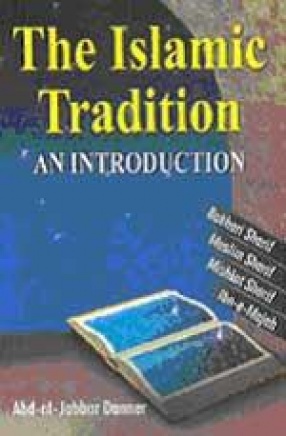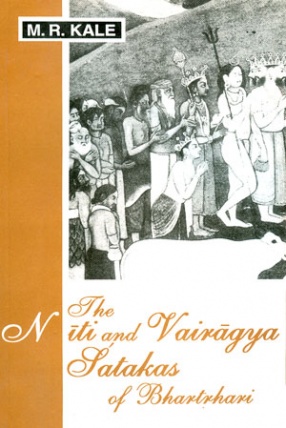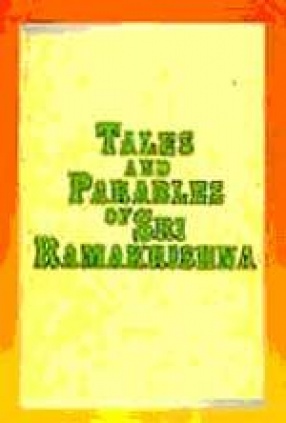Numerous works on Islam have appeared in the West in the past century or so, explaining its ideas and practices, its history, its arts, and a host of other aspects. Most of these books were written by outsiders a few from the inside. This fact has to be taken into account when questioning both insiders’ conclusions and some outsiders conclusions that might not square with the Islamic tradition. Books written by non-Muslims are not necessarily defective merely because of their perspective, since it is always possible for the author to have a perfectly traditional attitude. Likewise, books written by Muslims are not always to be taken as authentic simply because their authors are of the faith, for many of them are modernists who are merely following in the footsteps of those Western outsiders whom they admire and wish to emulate. As a result, they may contribute little beyond functioning as indices of how the tradition has fared in their won hands. The key to understanding Islam as both a religion and a civilization lies in its traditional doctrines, whether they be Gnostic, theological, philosophical, spiritual, cosmological, psychological, or eschatological. Those doctrines were sufficiently varied so that they could embrace the aspirations of the common people and the elite alike, without anyone feeling that his needs had not been provided for or that there was something lacking in the world around him, a world saturated with the beauty of Islam in its architecture, music, literature, clothing, and even the pomp and pageantry of the state. Their writings prove that there is an ever-living vitality in traditional doctrines and that there will always be individuals interested in their truths, even though the spiritual darkness and turmoil of the times oppose such ageless wisdom, which will have the final say.
The Islamic Tradition: An Introduction
$25.20
$28.00
In stock
Free & Quick Delivery Worldwide
All orders amounting to US$ 50 or more qualify for Free Delivery Worldwide. For orders less than US$ 50, we offer Standard Delivery at $14 per book.
reviews
0 in total
Review by Anonymous
Be the first to review “The Islamic Tradition: An Introduction” Cancel reply
You must be logged in to post a review.
Bibliographic information
Title
The Islamic Tradition: An Introduction
Author
Edition
1st ed.
Publisher
ISBN
8174353879
Length
312p.
Subjects





There are no reviews yet.